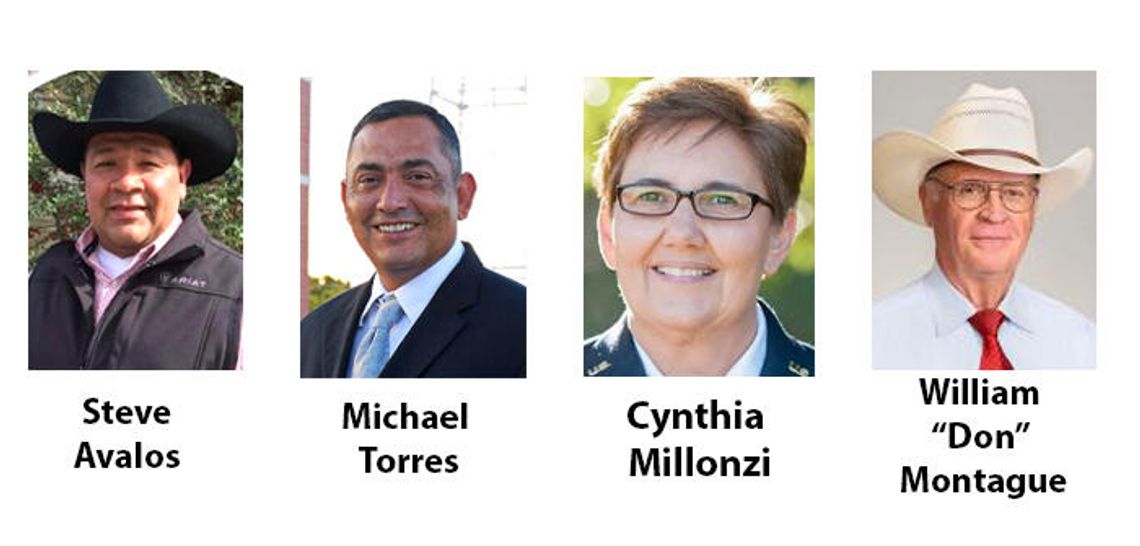By Megan Wehring
Candidates hoping to be elected as constable of Precinct 2 or Precinct 3 emphasized their law enforcement experience and commitment to public service during the League of Women Voters (LWV) of Hays County webinar Sept. 29.
The candidates for constable of Kyle-area Precinct 2 are Steve Avalos and incumbent Michael Torres. Wimberley-area Precinct 3 candidates are Cynthia Millonzi and William “Don” Montague.
PLEASE LOG IN FOR PREMIUM CONTENT. Our website requires visitors to log in to view the best local news.
Not yet a subscriber? Subscribe today!










